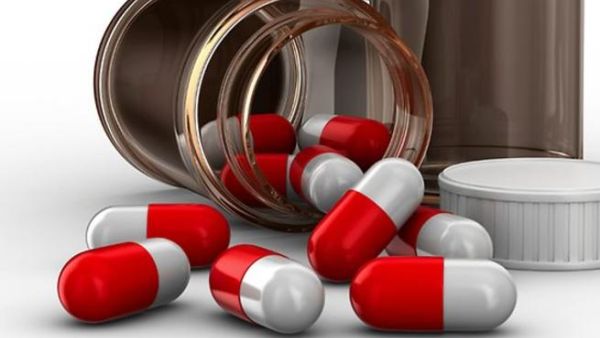The implementation of new industry quality standards will allow the Lebanese pharmaceutical sector to compete with foreign drugmakers for a wider share of the domestic market, World Health Organization representative, Sameen Siddiqi, said Monday.
Speaking during a WHO workshop to introduce new Good Manufacturing Practices, Siddiqi said that the new standards for pharmaceutical manufacturing would reduce the cost of health care in Lebanon and make domestic companies more competitive, in addition to increasing the safety and quality of products. According to Siddiqi, the space reserved for locally produced medicine in the Lebanese market is much smaller compared to other countries in the region, such as Jordan and Syria.
“More than 80 percent of medical products are still imported. Indeed, this has an adverse effect on the cost of health care,” Siddiqi said. Around nine local pharmaceutical firms provide the remaining 20 percent of drugs in Lebanon.
All pharmaceutical companies in Lebanon are now legally bound to abide by the guidelines, which will ensure that products are consistently produced and controlled according to international quality standards, said Akram Saab, a member of a committee that was established to evaluate the pharmaceutical sector in Lebanon. “Local manufacturers are now legally bound to abide by these regulations,” Saab said at the workshop, which was held at the Lebanese University.
The workshop will provide Health Ministry inspectors, quality control staff and the manufacturing plants with comprehensive training to assure that they fully understand the GMP regulations and to introduce the best means to comply with them, Saab said. “The main goal today is to ensure the good quality of locally manufactured medicine,” said Health Minister Ali Hassan Khalil, who added that the workshop training and the new GMP will put Lebanon’s pharmaceutical sector on par with international standards.
“Another goal is to give the medicine produced in Lebanon competitive prices,” Khalil added. Noting a shortage of inspectors at the Health Ministry, Khalil also said he would request an expansion of the ministry’s cadre of inspectors to make the government ready for monitoring the work of the manufacturers. In 2008, the Health Ministry approved the establishment of a special GMP committee to evaluate the pharmaceutical sector in the country.
“A ministerial decree was issued in 2008 to formalize the GMP committee, whose main task was to update the GMP regulations and to ensure that the manufacturers would comply with this high quality standard,” said Saab.
“The GMP committee was instituted with various experts from private sector, pharmaceutical scientists from academia, the order of pharmacists, the society of pharmaceutical manufacturers and high level officials from the ministry,” Saab told The Daily Star. “The committee was surprised that, at the time, the GMP guidelines being used dated back to 1983.”
In 2009, the GMP committee approved the new list of guidelines, which are based on WHO guidelines and designed to ensure the safety and medicine’s efficacy. Speaking on behalf of the Pharmaceutical Industry Committee, Nazih Abu Jaoude said that pharmaceutical companies should submit their applications to the committee that oversees the GMP guidelines.
“Applications must be sealed and should include all required manufacturing details of the firm,” said Abu Jaoude, adding that only the GMP Committee would have access to the applications.
“After reviewing the application, the GMP Committee will visit the company for further verification of their status before granting the certificate,” Abu Jaoude explained. The application includes a checklist for GMP on matters such as organizational responsibilities, staff information, equipment in use and the sources of raw materials.








